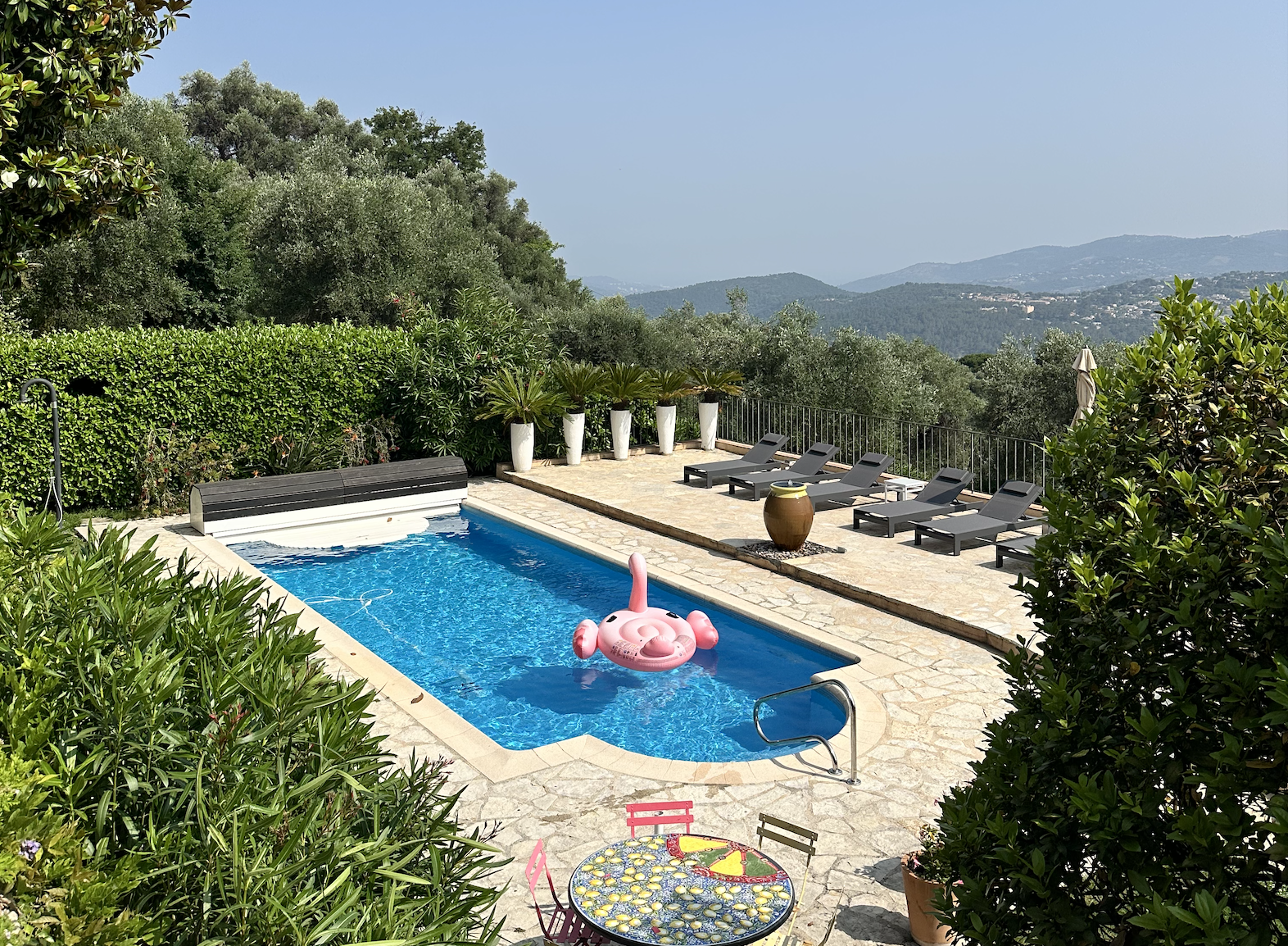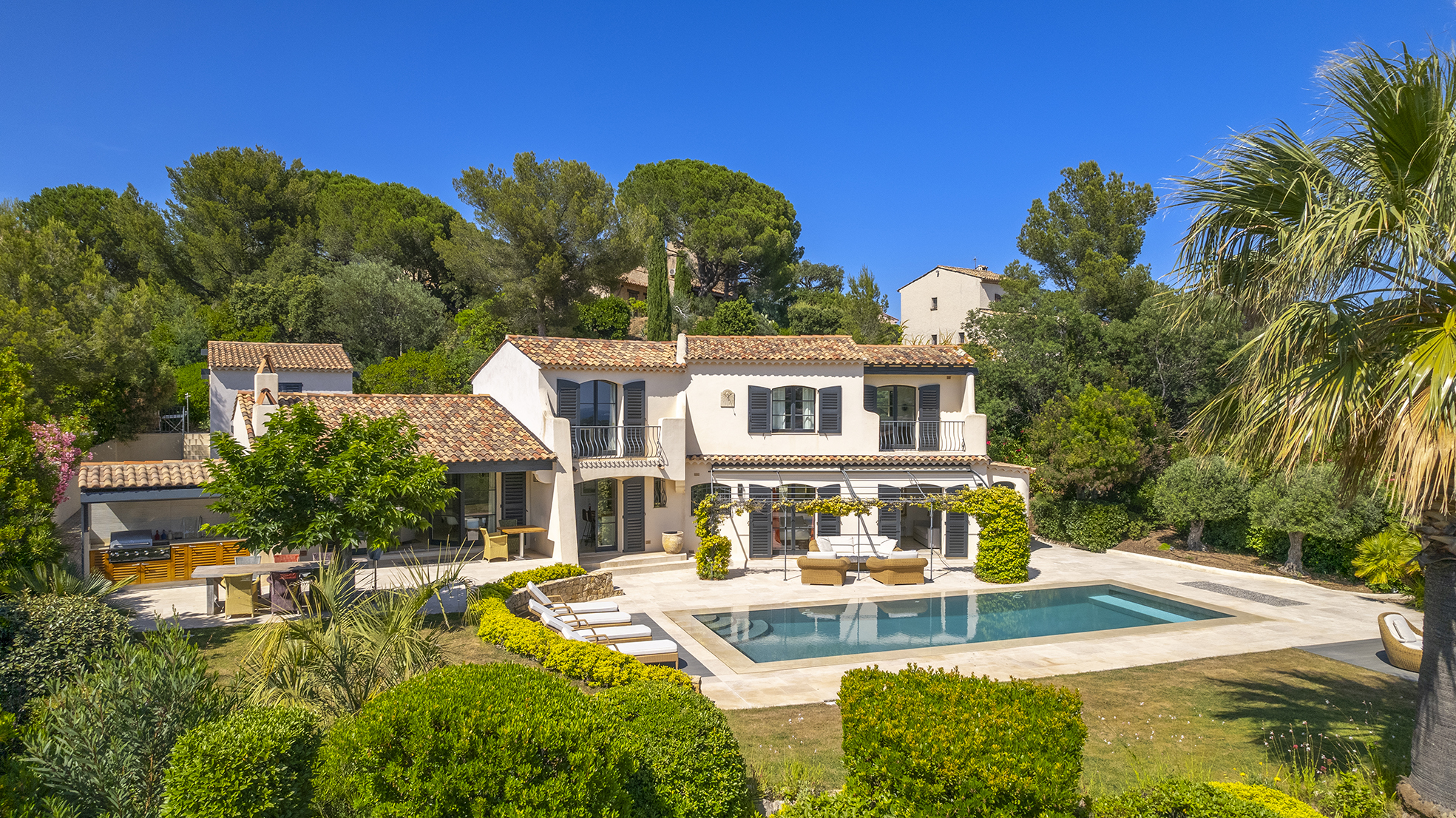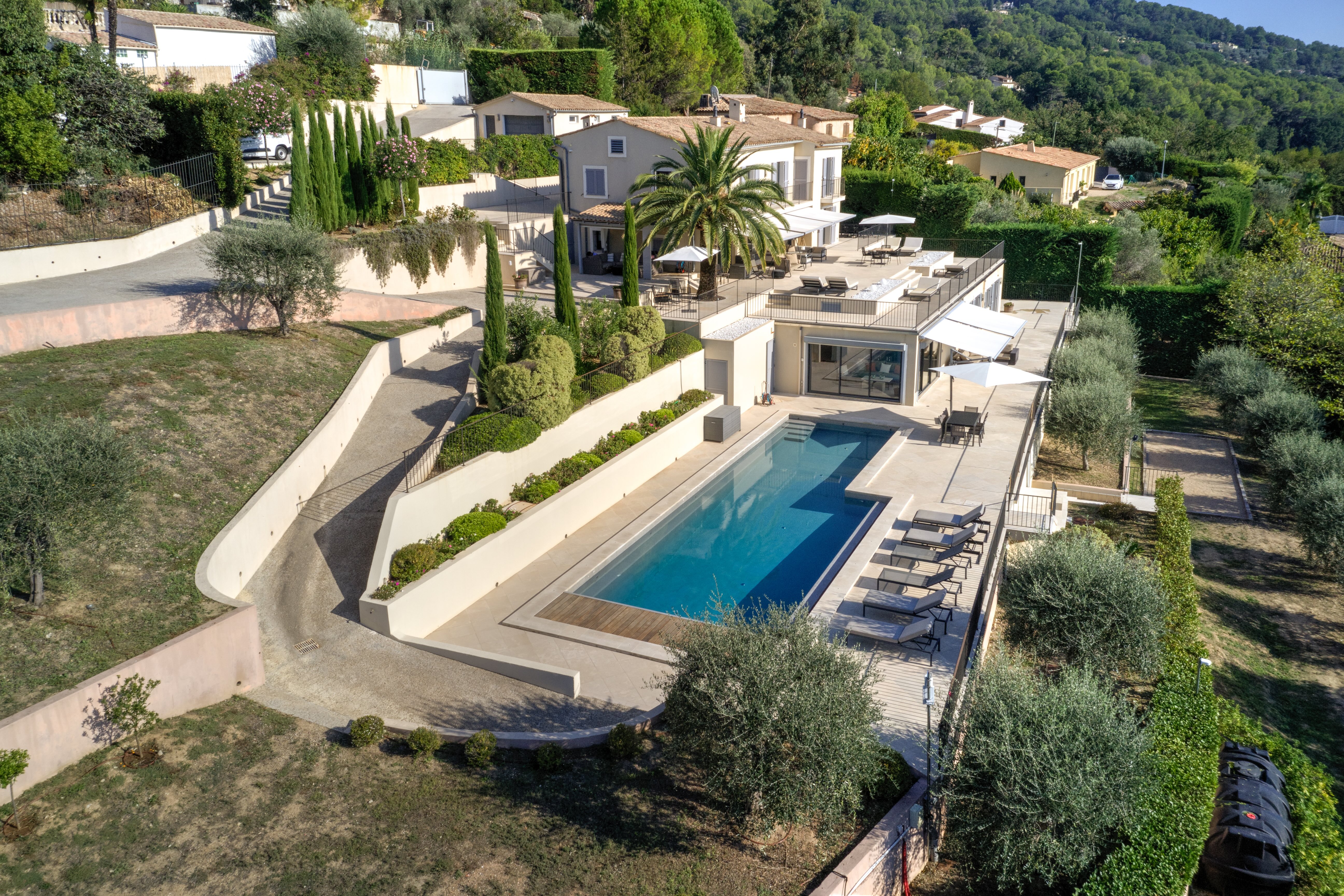A sustainable future with multiple owners

During their tenure at Kristiania University College, Felix Rose and Tobias Alsos Aarø have done extensive research on the aspects of co-ownership of cabins, with a summary of their findings presented here:
Sharing Economy in the Cabin Market: A Sustainable Future with Multiple Owners
Written by Felix Rose and Tobias Alsos Aarø
In our recent research at Kristiania University College, we have delved into the depths of the potential lying within the sharing economy in the cabin market. This sector stands at the threshold of a revolution, driven by innovative and sustainable initiatives. Through our detailed investigation, we have discovered that a multi-owner model can radically transform our understanding of ownership while bringing significant benefits to consumers, communities, and the environment.
Theoretical Foundation
Our study is deeply rooted in theories of sustainable economics, with a particular focus on insights from Kate Raworth's "Doughnut Economics." Raworth proposes an economic model that harmonizes human needs with the ecological boundaries of the planet—an economic model that is inclusive and takes a sustainable approach. This theoretical foundation has been a catalyst for our research, guiding us in exploring how the sharing economy can be a key factor in shaping a more sustainable future.
Forward-Looking Perspective
The sharing economy is more than a fleeting trend; it represents a necessary adaptation to a world undergoing significant changes. By focusing on future possibilities, we can begin to see the contours of a new form of ownership, where resources are shared in a way that benefits all parties involved, fostering a culture of community and sustainability.
Benefits for Consumers, Communities, and the Environment
Consumers are in a favorable position with this new model. Companies like &Hamlet are pioneering a business model where sustainability is not just a bonus but an integrated resource. This enables a multi-owner model for holiday homes, democratizing ownership and ensuring that cabins are used more efficiently, leading to economic gains and a richer experience for each owner.
By embracing the sharing economy, we can expect a significant reduction in the environmental impact associated with the construction of new cabins. This, coupled with increased economic activity in the communities around the holiday homes, creates a positive cycle of growth and sustainability, where local economies flourish, and the environment is protected.
Conclusion
Our research suggests that a transition to a sharing economy in the cabin market is not only possible but also necessary to promote a more inclusive and sustainable future. By focusing on sustainable practices and responsible resource utilization, we can lay the foundation for a greener and more inclusive future, where both people and the planet benefit from harmonious coexistence.
Please reach out to learn more about their research.
How does sharing a cabin contribute positively to the local community?


Why Christian chose to buy a &Hamlet
Benefits of co-owning a holiday home with &Hamlet


Find your dream home
Explore fantastic homes and get the latest tips.





